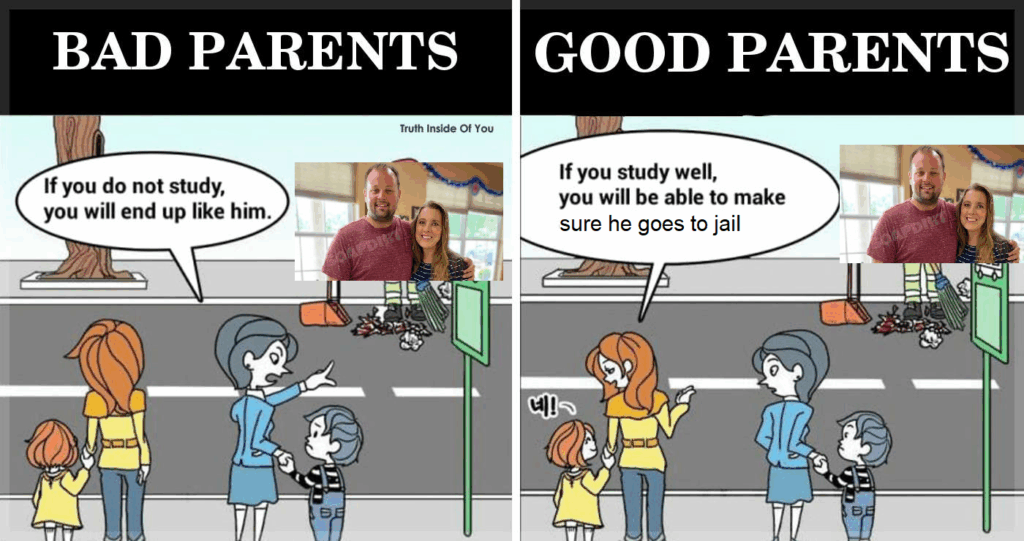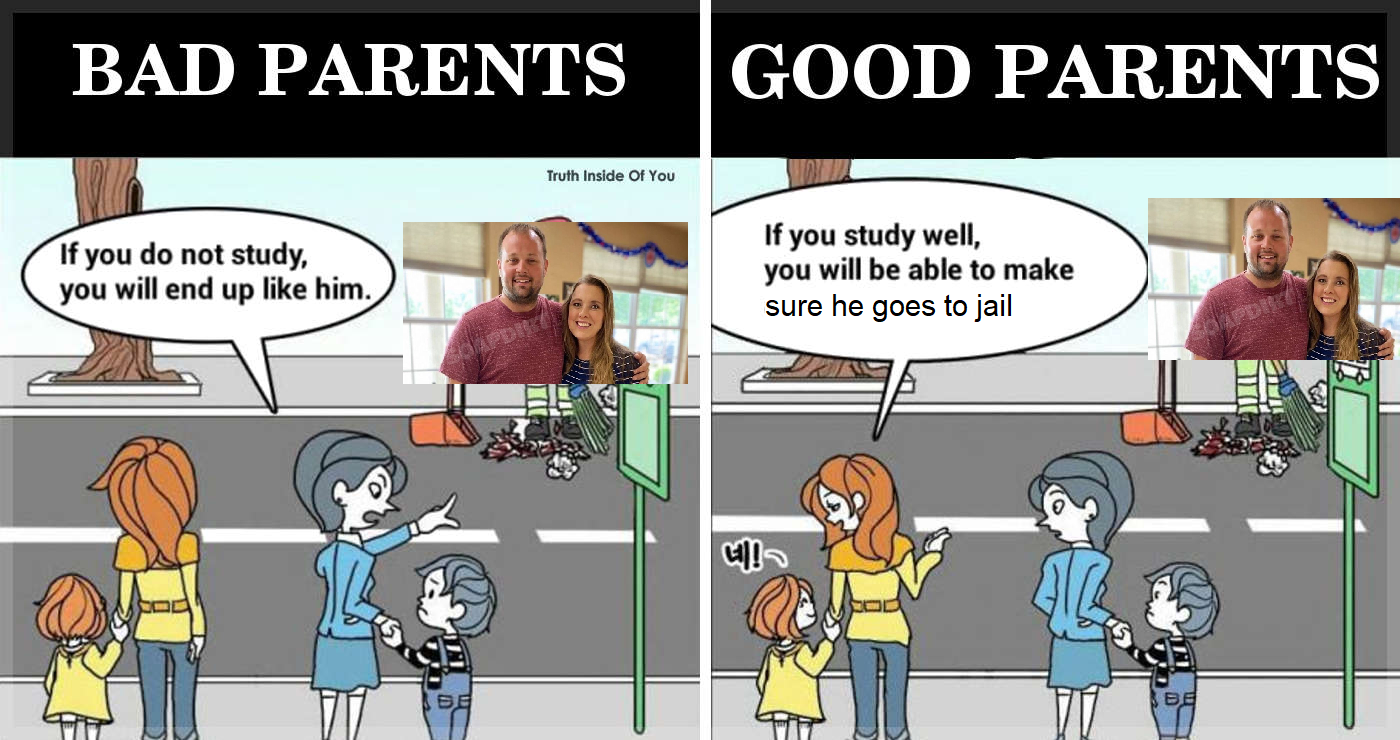
Pornography and Parenting: Navigating the Complexities of “Porn Parent” Culture
The intersection of pornography and parenting, often dubbed the “porn parent” phenomenon, is a multifaceted issue that demands careful consideration. In an era where digital content is readily accessible, parents are increasingly grappling with the challenges and responsibilities of guiding their children through a world saturated with sexual imagery. This article aims to explore the various facets of this complex landscape, offering insight into the concerns, potential impacts, and strategies for navigating this sensitive topic. The term “porn parent” can refer to several different, yet related situations. It might describe a parent who consumes pornography regularly, a parent who works in the adult entertainment industry, or even a parent who is perceived by their children as being overly permissive or dismissive regarding sexual content. Understanding these nuances is crucial for addressing the issue effectively. The prevalence of online pornography raises questions about its influence on children’s understanding of sex, relationships, and consent. As children become more tech-savvy, the likelihood of encountering pornography increases, regardless of parental controls. This reality necessitates open and honest conversations about responsible online behavior, healthy relationships, and the potential pitfalls of unrealistic portrayals of sex.
Understanding the “Porn Parent” Dynamic
The term “porn parent” is not a clinical or universally accepted label, but it serves as a shorthand for the various ways in which pornography and parenting intersect. It’s essential to unpack the different scenarios this term might encompass. One common interpretation refers to parents who themselves consume pornography. This raises questions about the impact of their viewing habits on their children’s perceptions of sex and relationships. Children are astute observers, and parental behavior, even when kept private, can influence their attitudes and beliefs. Another scenario involves parents who work in the adult entertainment industry. This situation presents unique challenges, including the need to protect children from exposure to inappropriate content and the potential for social stigma. Navigating these challenges requires careful planning and communication. Finally, the term “porn parent” can sometimes be used to describe parents who are perceived as being overly permissive or dismissive regarding their children’s exposure to pornography. This approach can be just as harmful as being overly restrictive, as it fails to provide children with the guidance and support they need to navigate this complex issue.
The Impact of Pornography on Children and Adolescents
Research suggests that early and frequent exposure to pornography can have a range of negative impacts on children and adolescents. These impacts can include distorted perceptions of sex and relationships, increased risk of risky sexual behavior, and potential for addiction. Pornography often presents unrealistic and objectified portrayals of sex, which can lead to unrealistic expectations and dissatisfaction in real-life relationships. [See also: The Effects of Pornography on Relationships] Furthermore, the anonymity and accessibility of online pornography can contribute to a culture of sexual exploitation and objectification. It’s crucial for parents to be aware of these potential impacts and to take steps to mitigate them. Open communication, education, and parental controls are all essential tools in protecting children from the harmful effects of pornography. The rise of readily accessible porn has created a generation of parents who must navigate a completely different landscape than their own.
Navigating the Challenges: Strategies for Parents
Despite the challenges, there are several strategies that parents can employ to navigate the complexities of the “porn parent” culture. The most important is to foster open and honest communication with their children about sex, relationships, and responsible online behavior. Creating a safe and non-judgmental environment where children feel comfortable asking questions is crucial. Parents should also educate themselves about the potential impacts of pornography and be prepared to address their children’s misconceptions and concerns. This includes being informed about the types of pornography that are readily available and the potential risks associated with them. Parental controls are another essential tool. While they are not foolproof, they can help to limit children’s exposure to inappropriate content. However, it’s important to remember that parental controls are only one piece of the puzzle. They should be used in conjunction with open communication and education. [See also: How to Talk to Your Children About Sex] Furthermore, parents should model responsible online behavior themselves. Children are more likely to adopt healthy online habits if they see their parents doing the same. This includes being mindful of their own pornography consumption and avoiding the objectification of others. If you are a porn parent, consider the impact on your children.
The Role of Education and Prevention
Education and prevention are key to addressing the challenges of the “porn parent” culture. Schools and community organizations can play a vital role in providing children and adolescents with age-appropriate information about sex, relationships, and responsible online behavior. This education should include discussions about the potential impacts of pornography and the importance of healthy relationships. Parents should also be proactive in seeking out resources and support to help them navigate this complex issue. There are many organizations that offer information and guidance on pornography addiction, sexual health, and responsible parenting. By working together, parents, educators, and community organizations can help to create a culture that promotes healthy sexuality and protects children from the harmful effects of pornography. The term porn parent should not be a source of shame, but rather a call to action.
Addressing the Stigma and Shame
The topic of pornography is often shrouded in stigma and shame, which can make it difficult for parents to seek help or support. It’s important to recognize that many people consume pornography, and that it’s not necessarily a sign of a problem. However, when pornography consumption becomes excessive or interferes with daily life, it can be a sign of addiction. If you are struggling with pornography addiction, it’s important to seek professional help. There are many therapists and counselors who specialize in treating pornography addiction and other sexual compulsions. Overcoming the stigma and shame associated with pornography is essential for creating a more open and honest dialogue about sex and relationships. This includes challenging the unrealistic and objectified portrayals of sex that are often found in pornography and promoting healthy attitudes and beliefs about sexuality. The discussion surrounding the porn parent dynamic needs to be handled with sensitivity and understanding.
The Future of Parenting in the Digital Age
As technology continues to evolve, the challenges of parenting in the digital age will only become more complex. Parents must be prepared to adapt to these changes and to equip their children with the skills and knowledge they need to navigate the digital world responsibly. This includes teaching children about online safety, critical thinking, and media literacy. It also includes fostering open and honest communication about sex, relationships, and the potential impacts of pornography. By embracing these challenges and working together, parents can help to create a future where children are empowered to make healthy choices and to thrive in the digital age. The key is to be informed, proactive, and supportive. Don’t let the label of porn parent define your family; define it yourselves.
Conclusion
The “porn parent” phenomenon is a complex and multifaceted issue that requires careful consideration. By understanding the different scenarios this term might encompass, the potential impacts of pornography on children and adolescents, and the strategies that parents can employ to navigate these challenges, we can create a more informed and supportive environment for families. Open communication, education, and prevention are key to promoting healthy sexuality and protecting children from the harmful effects of pornography. As technology continues to evolve, it’s essential for parents to remain vigilant and to adapt to the changing landscape of the digital world. By working together, we can help to create a future where children are empowered to make healthy choices and to thrive in the digital age. The conversation around the porn parent and its implications will continue to evolve, and parents must stay informed and engaged.

